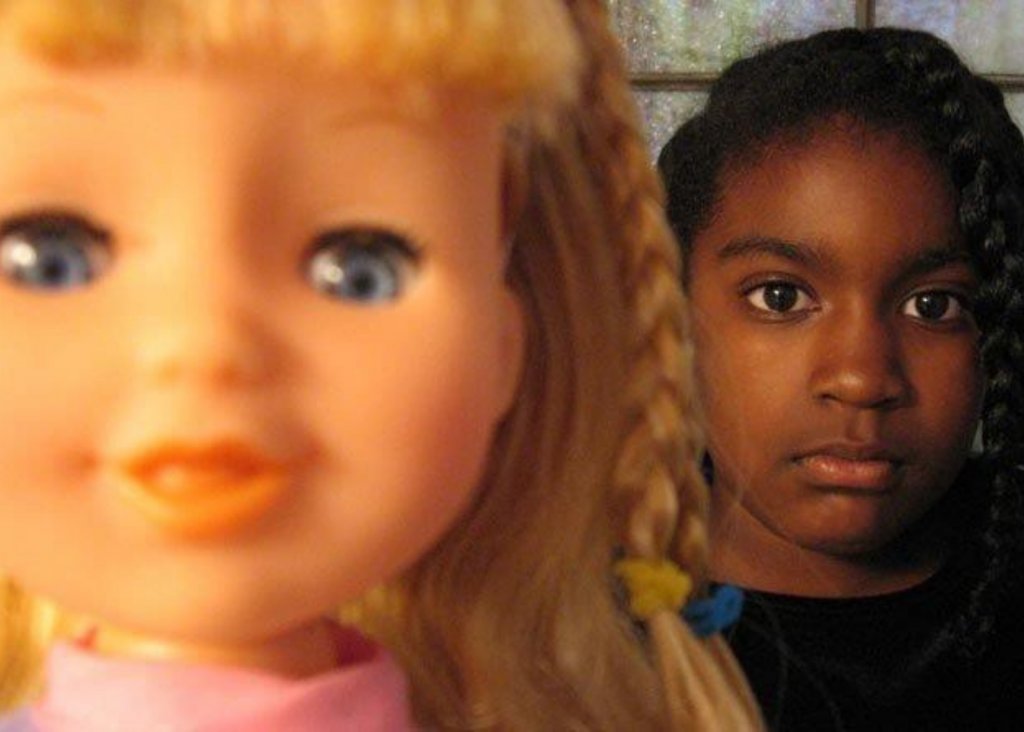Embracing the Unfamiliar African Names
I once shared office space with a colleague whose interaction with foreigners amused me a bit. On this day, she spoke loudly on the phone with a fake American accent. Hello Charmaine, so how was the journey to Nauru? mine was good. I left for Africa two days after you. Fine thank you, Africa is very hot, hot weather…. As she laughed, I was curious about her repeated reference to Africa as her home when she could have said Nigeria.
Earlier in the day I had introduced myself to someone from Western Nigeria, saying my name as slowly as I could. He shrugged his shoulders and asked if I didn’t have an English name. I shook my head to let him know I was not about to adopt a new name for his sake. He then retorted, “What kind of name is that even?” a question that didn’t deserve another waste of my breath.
Africa’s image in the minds of some people in the West, notably Americans, was once that of a country where people with sun-scorched skin live in the most impoverished villages, ridden with diseases and war. Following the US elections of 2008 when Sarah Palin, Vice President Nominee reportedly didn’t understand that Africa was a continent not a country, many Americans have updated their knowledge gaps about Africa.
But have Africans updated their perception of their identity?
A person’s identity can be defined by their nationality, religion, ethnicity and language. I read somewhere that indigenous African languages are dying out. With the exception of South Africa and Zimbabwe, other African countries are yet to adopt their indigenous language as official language. In this regard, colonization may have led to the loss of our languages.
As African diaspora strive to piece together puzzles of their heritage, Africans at home invest in foreign ways of life more than in preservation of indigenous knowledge. They learn Mandarin for business in China and Sports Enthusiasts become proficient in pronouncing tongue twisting Premier league names like Stelias Giannakopolous, and Kare Hedley Ingrebrigsten. Such names require similar if not more effort to pronounce than Nigeria’s hardest names, Mgbechinyere and Oluwagbajabiamila.
The British taught me to pronounce difficult foreign names by breaking the syllables and pronouncing as spelt. It was interesting that through my years in England my name was never miss pelt by native English speakers of Devon. They would apologize for not pronouncing it perfectly but I didn’t mind at all because they made an effort to not make you feel like an alien with a name from planet Saturn. It upset me to return home and find that nine out of ten times, Nigerians would give you the creased eyebrow look at the sound of your name, tacitly suggesting you get rechristened with a more familiar name.
This fear of unfamiliar indigenous names is what I call aboriginophobia.
Africans preference for English names over indigenous African names is an indication of a kind of identity crises. This may be as a result of decades of colonization, but the indifference or perhaps laziness of Africans to preserve their identity is worrying. Religion has also had its influence on the identity of children in Africa. Many African children born into Christian families are christened or baptized with foreign names that are biblical. It is now common to see Africans bearing names like John James or Peter Paul.
I chose to identify with my native name rather than my baptismal name because I am more Nigerian than Latin, French and English origins of the name. I come from a minority tribe in Nigeria called Ekpeye but my name is hardly a tongue-twister. The trick is to simply ignore the silent and pronounce as spelt with or without the right intonation. The Ekpeye people say igaze (journey) and uma (good) to wish you a safe journey. Literally, Igazeuma means safe journey.
Identity is a personal journey. It is a decision about what we represent or how we perceive ourselves in the world.
We may change over time because identity is fluid but how long the transition to a new identity takes is not always within our control in a globalized world.Africans like me who reflect on the way we portray ourselves, should learn to think not only about how it serves us today.
We should consider this a journey to leave footprints for generations in the sands of time. And as we continue on this journey to rediscover our identity, my profound wishes for you shall be
igaze uma!

